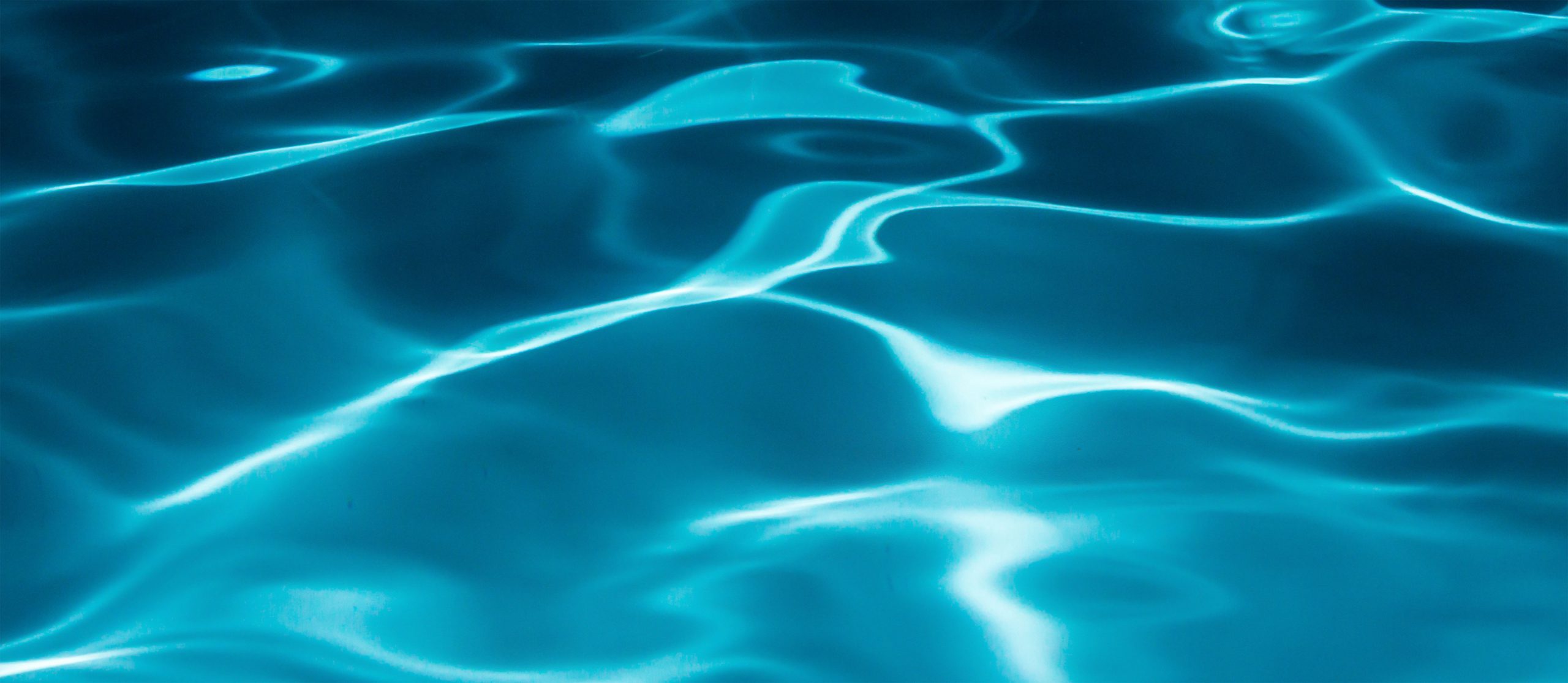Stay safe while you swim
- April 8, 2014
- Pool Industry News and Tips, Pool Safety and Health,
A swimming pool is a great way to cool down, and a great addition to a home that the entire family can enjoy. Before jumping in, make sure you and your family know how to keep yourselves safe while cooling off. Whether you're in Phoenix, San Diego or Forth Worth, it never hurts to have a refresher course in pool safety.
Tell the kids
Pool Safely recommends that if you have children, the first rule is to ensure that they are aware of basic pool safety. Make sure you have the kids in your sights at all times and a cell phone handy in case of an emergency. Tell them to steer clear of drains and pipes and keep a first aid kit, a flotation device and a pair of scissors close by. The scissors can be used to cut hair or clothing that become caught or entangled somehow. Provide life jackets to kids who don't have great swimming skills, and supervise closely out to ensure they don't wander over to the deep end.
Establish boundaries
The Red Cross offers a number of tips, including placing a four-foot high fence around the pool and placing a safety cover over the pool when it's not being used. For extra safety, alarms may be installed on the gate of the fence.
The Red Cross also offers swimming lessons to people of all ages. If you don't know how to swim, now would be a great time to learn. Until then, make sure that while the kids are swimming, there is an adult there who is able to swim.
Make rules for the pool and to stick by them. Simple things like no running, no diving and always having a swim buddy will help keep kids safe, and drive home the fact that what they're doing – although fun – needs to be done responsibly.
It's always helpful to have an adult present who is certified in first aid and CPR. Certification can be obtained through the Red Cross and classes are available nationwide.
Clean the water
Falling and drowning may be the most obvious and severe dangers surrounding the pool, but also be mindful of the smaller things, like bacteria. The water needs to be circulating properly, the filter should be clean and working and the balance of chemicals needs to be right in order to prevent a variety of maladies. The Centers for Disease Control says that the most commonly reported recreational water illness is diarrhea, but earaches, rashes and more serious illnesses can also occur.
Make sure you and everyone who uses your pool is educated about water safety and hygiene before jumping in.


